After about 10 years of using managed memory and functional languages, I'm finally coming home to C++, and smart pointers are confusing the heck out of me. Half of the documentation out there is still regarding the deprecated auto_ptr.
I'm trying to implement this fairly straightforward Bullet "hello world" program:
int _tmain(int argc, _TCHAR* argv[])
{
auto bp = unique_ptr<btBroadphaseInterface>(new btDbvtBroadphase);
auto cc = unique_ptr<btDefaultCollisionConfiguration>(new btDefaultCollisionConfiguration);
auto disp = unique_ptr<btDispatcher>(new btCollisionDispatcher(cc));
}
The btCollisionDispatcher constructor wants a btCollisionConfiguration*, but I'm giving it a unique_ptr to one instead.
What do I normally want to do in this case? If there's a way to "de-smart" the pointer, something tells me that unique_ptr isn't the right smart pointer to use.

C++ was my language of choice before I moved to other things. It's a little shocking coming back and seeing that all the patterns and practices have completely changed.